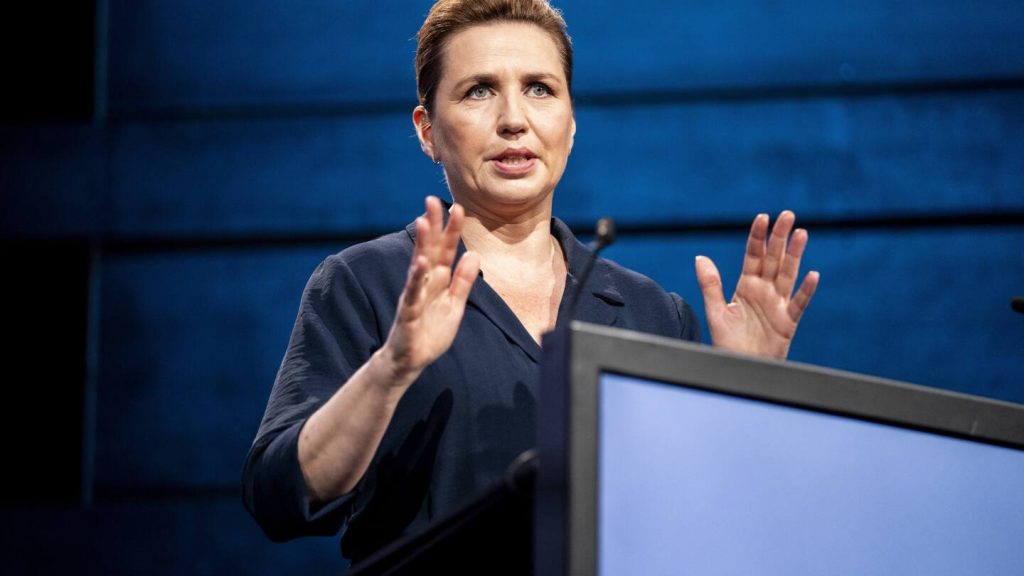A wave of political violence is sweeping across Europe, with high-profile leaders in several countries facing physical and verbal attacks. In Slovakia, Prime Minister Robert Fico was shot multiple times in an assassination attempt, with critics worried that he may be using the incident to bolster support for his populist left-wing party. In Denmark, Prime Minister Mette Frederiksen was assaulted by a man on the streets of Copenhagen, adding to the growing sense of democracy being under attack. In France, political candidates have also faced violent incidents, with attacks on both left and right-wing figures. Similar incidents have been reported in Germany, where politicians and supporters from various parties have been targeted in recent months.
The backdrop of migration pressure from the Middle East and Africa, as well as the ongoing war in Ukraine, has contributed to the rise in political violence in Europe. The polarization of societies, coupled with the upcoming elections for the European Parliament, has further fueled tensions. The EU elections are expected to result in a political shift to the right in the legislative branch of the 27-member bloc. While EU elections traditionally do not elicit the same level of passion as national elections, the current climate of heightened emotions and strong opinions regarding migration has led to increased incidents of violence targeting politicians.
The assault on elected leaders, such as Prime Minister Fico in Slovakia and Prime Minister Frederiksen in Denmark, has raised concerns about the state of democracy in Europe. Swedish Prime Minister Ulf Kristersson emphasized that an attack on a democratically elected leader is an attack on democracy itself. In the UK, pro-Brexit campaigner Nigel Farage was recently attacked with a milkshake as he announced his return to frontline British politics. The incidents of violence targeting political figures across Europe highlight the growing willingness to use violence to achieve political aims, as well as the need to reject such actions in a democratic society.
Various incidents of physical assaults, egg throwing, and other forms of violence have been reported in different European countries, including France, Germany, Denmark, and the UK. Political figures from both government and opposition parties have been targeted, with some incidents resulting in injuries that required medical treatment. Calls for non-violence and the preservation of democratic values have been made by leaders across Europe in response to the escalating political violence. As the continent grapples with issues of migration, war, and political polarization, the need to uphold democratic principles and reject violence as a means of political expression is becoming increasingly important.


